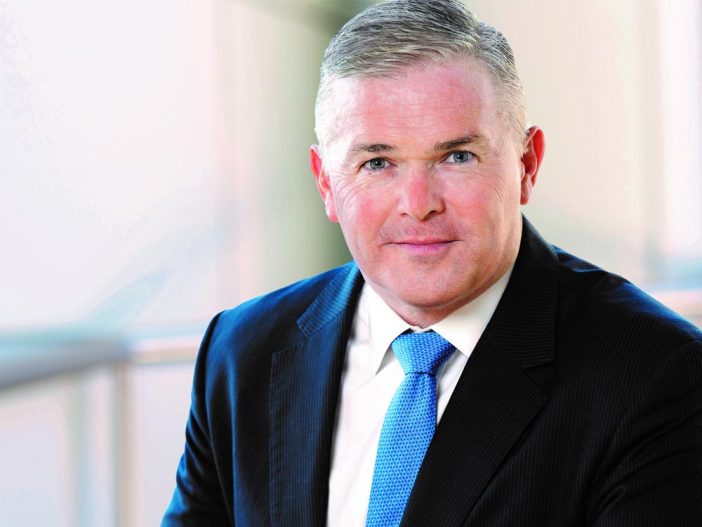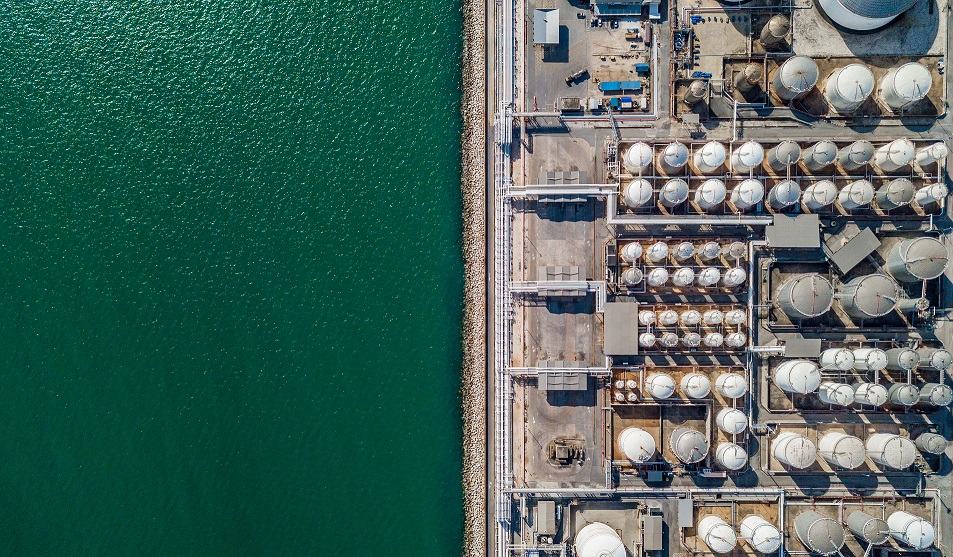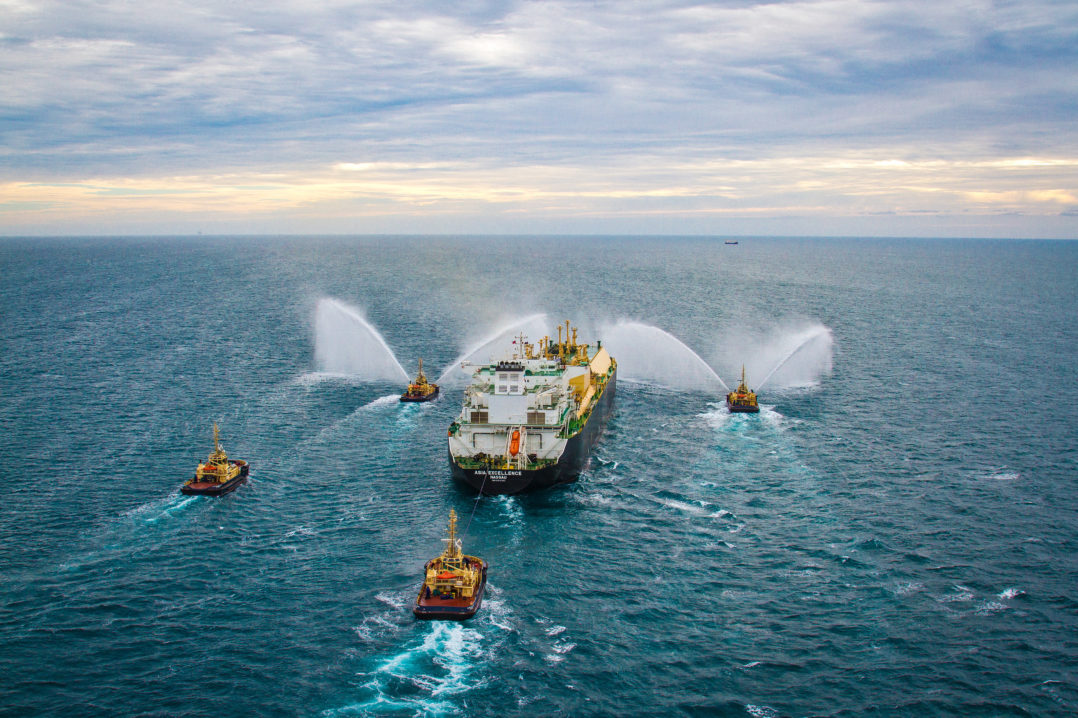CSIRO, the Northern Territory Government, industry and engineering companies have joined forces to develop a path towards rapid emissions reduction across the energy sector in Northern Australia.
Australia’s national science agency said it would lead the new consortium in the development of a business case to assess the viability of a large-scale low emissions Carbon Capture Utilisation and Storage (CCUS) Hub outside of Darwin.
The Hub would both significantly reduce emissions, but also catalyse the growth of new sustainable industries that could continue throughout the energy transition. If built, it would be one of the world’s largest facilities of its kind, open to a wide range of different industries.
If realised, the Hub would enable the development of an interconnected hydrogen industry and the utilisation of the carbon dioxide captured in other industrial processes, such as production of other non-fossil fuel alternatives for transportation. It could also create a blueprint for future low emissions hubs around Australia.
The business case will assess the Hub’s viability and outline options to significantly reduce the emissions of the Territory’s gas industry, providing a tangible pathway towards the region’s net zero emissions targets.
CSIRO Chief Executive Dr Larry Marshall, said CSIRO’s expertise across the energy domain, along with its deep connection with industry, meant it was well placed to lead the work.
“As Australia’s national science agency, CSIRO is always looking for ways to bring business and government together to envision and deliver a more sustainable future for some of our largest industries,” Dr Marshall said.
“The NT Hub could create new jobs and export pathways, and give Australia a global advantage by pushing the boundaries of science and technology to put home-grown innovation into real world demonstration projects, including through our Hydrogen Industry mission.”
With expertise in hydrogen and CCUS, CSIRO will provide impartial scientific advice, coordinate the development of detailed concept designs, build international linkages, and conduct geological research and economic and customer studies.
The business case will apply best practice learnings from international low emission industrial hub projects. It will also consider all technology solutions and engage with industry and community stakeholder groups as Australia navigates the transition pathway to a low emissions future.
Industry and engineering companies who have committed to collaborating on the business case include Santos, INPEX, Woodside, Eni, Origin Energy and Xodus.
NT Chief Minister Michael Gunner said of the initiative: “The Northern Territory is a natural fit for this investment. We are home to world-class natural gas and solar resources and subsurface carbon dioxide storage capacity, and we are on the doorstep of key international energy export markets.
“The Territory Government is committed to working to identify ways to rapidly decarbonise existing energy supplies whilst attracting future zero emission industries to the Territory.”
Captains of Industry
Industry and engineering companies welcomed the development.
Phil Granger, Vice President of Growth at INPEX said: “The INPEX-led Ichthys Joint Venture is proud to explore sustainable energy solutions through the development of the Northern Territory Low Emissions Hub Business Case. Options for reducing greenhouse gas emissions from the Ichthys Field have been identified, and we look forward to progressing these in partnership with the Northern Territory Government, CSIRO and other Hub participants.”

Kevin Gallagher, Santos Managing Director and Chief Executive Officer, added: “The Northern Territory will play a major role in the region’s uptake of carbon capture and storage, recognised by the International Energy Agency and the Intergovernmental Panel on Climate Change as a key part of the global climate change solution. Santos’ experience with the globally-competitive Moomba CCS project in outback South Australia and our proposed project at Bayu-Undan in Timor Leste, will bring invaluable experience to the Northern Territory and we are delighted to partner with the CSIRO, governments and industry along this decarbonisation pathway.”
Eni said the project could greatly enhance its low emissions aspirations for the Evans Shoal Gas Field.
“Eni, a founding member of the Oil and Gas Climate Initiative (OGCI), has a 2050 Scope 1, 2 and 3 net zero commitment and is a major gas and solar energy supplier to the Northern Territory. For Eni, the development of a CCS Hub in Darwin would provide a path to a low emissions development of its Evans Shoal gas field. Eni is fully supportive of an NT CCS Hub that could create long term new low-carbon business opportunities for Australia and with the potential for a cross-border collaboration with neighbouring Timor-Leste,” the company said.
Woodside was equally bullish, as was Xodus.
Shaun Gregory, Woodside Executive Vice President Sustainability, said: “This collaboration has potential to progress the development of a significant CCUS hub in the NT. CCUS technology can deliver large-scale, permanent carbon sequestration and we believe there is no sector better placed to invest and deliver CCUS projects than ours.”
Simon Allison, Regional Director of APAC at Xodus, echoed the positive reaction: “Xodus is proud to be a collaborator in this transformational opportunity for the Australian energy industry. Initiatives such as the Northern Territory Low Emission CCUS Hub will ensure we are able to meet domestic and export demand for cleaner energy, while positioning the local industry for rapid decarbonisation. It is an exciting chance for Xodus to contribute to a responsible energy future.”





